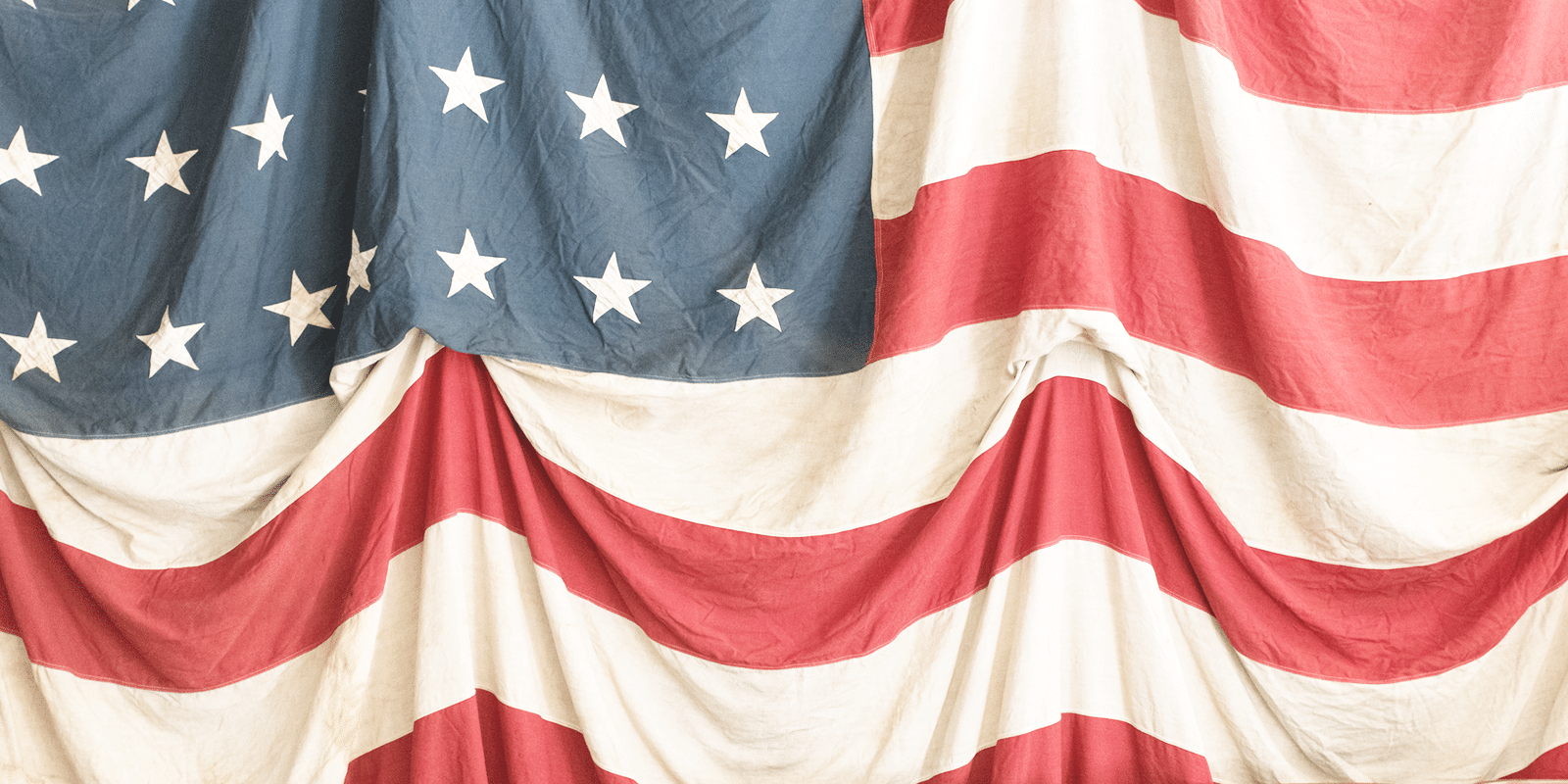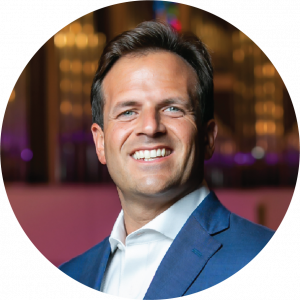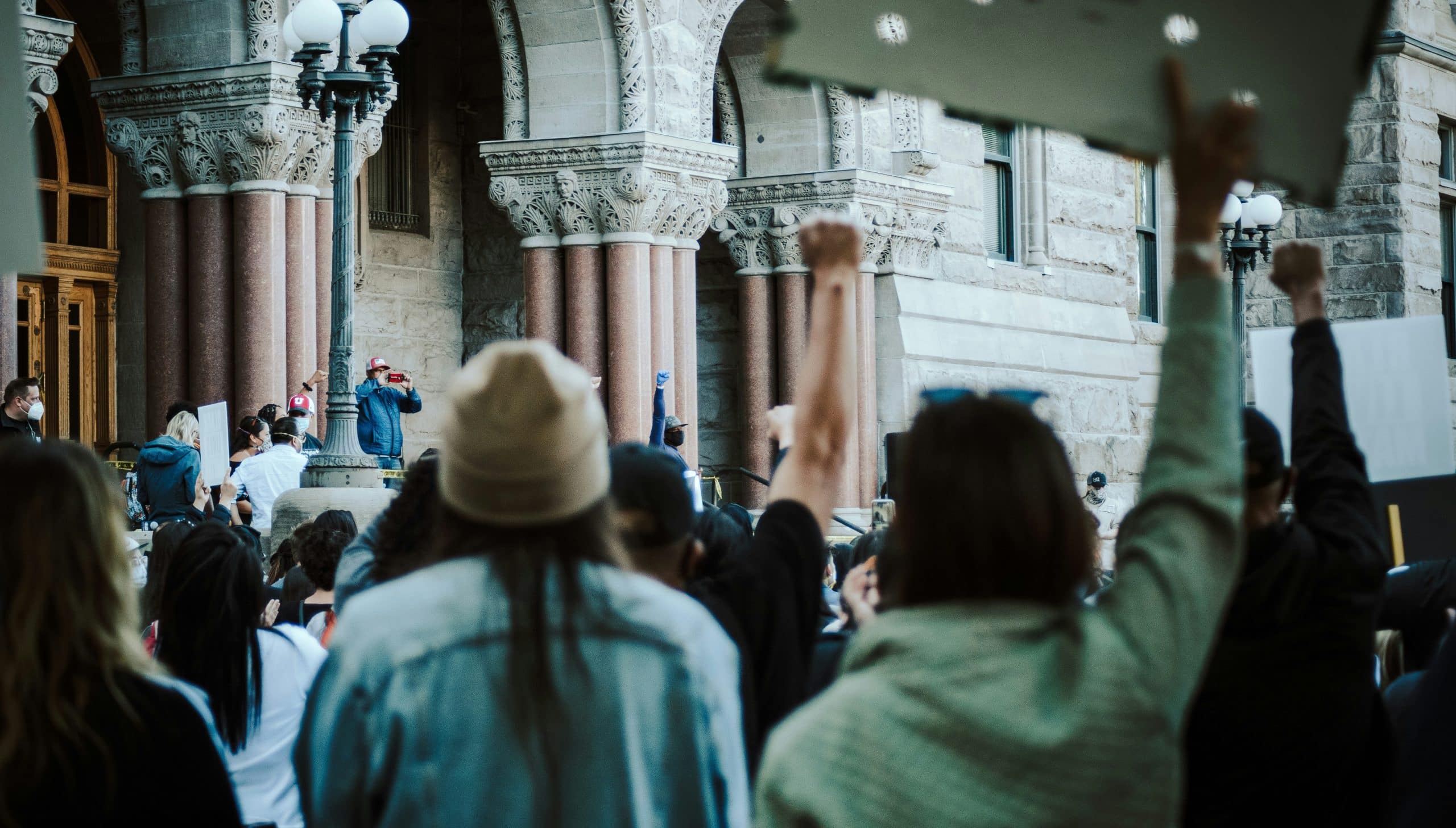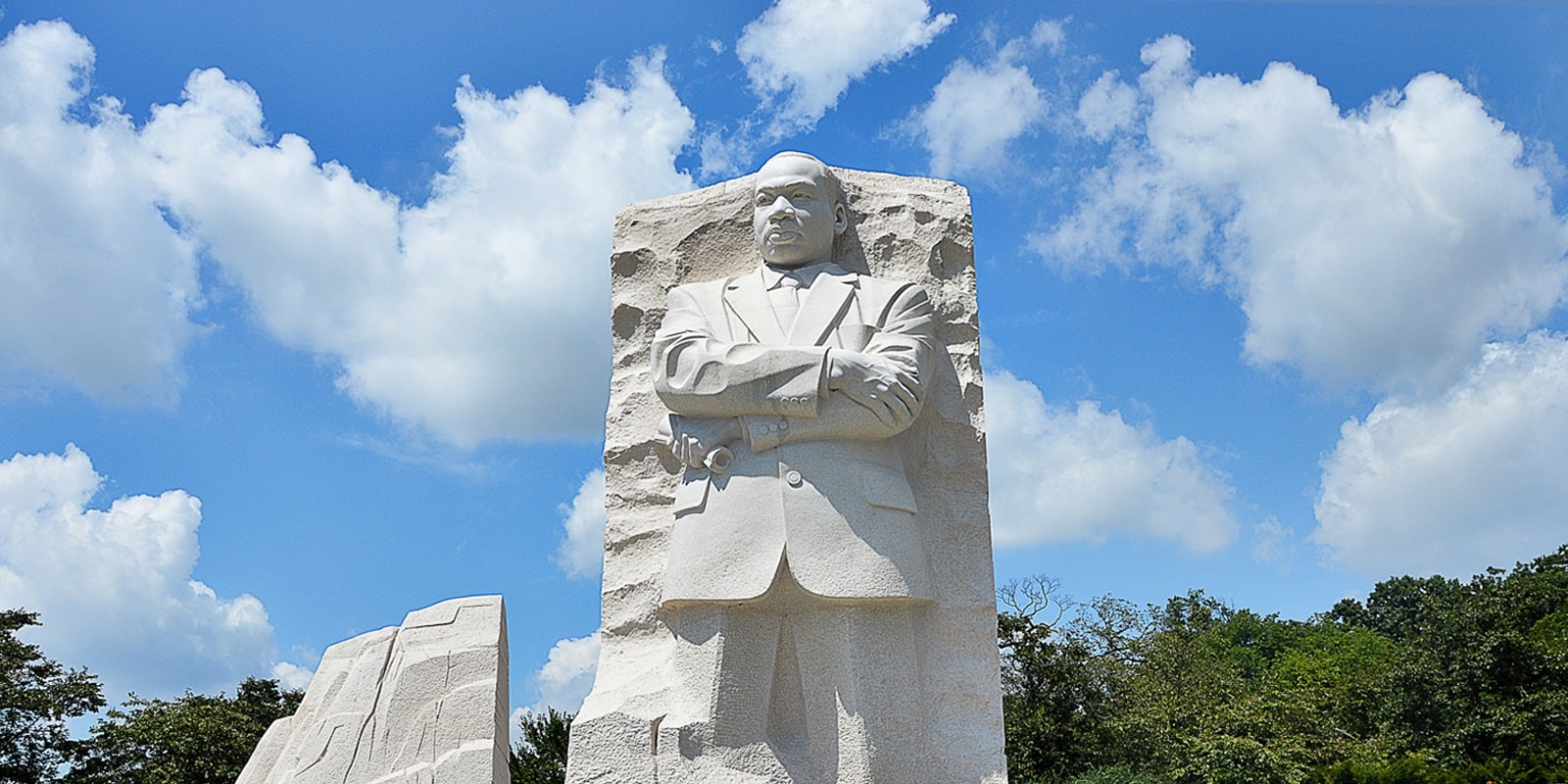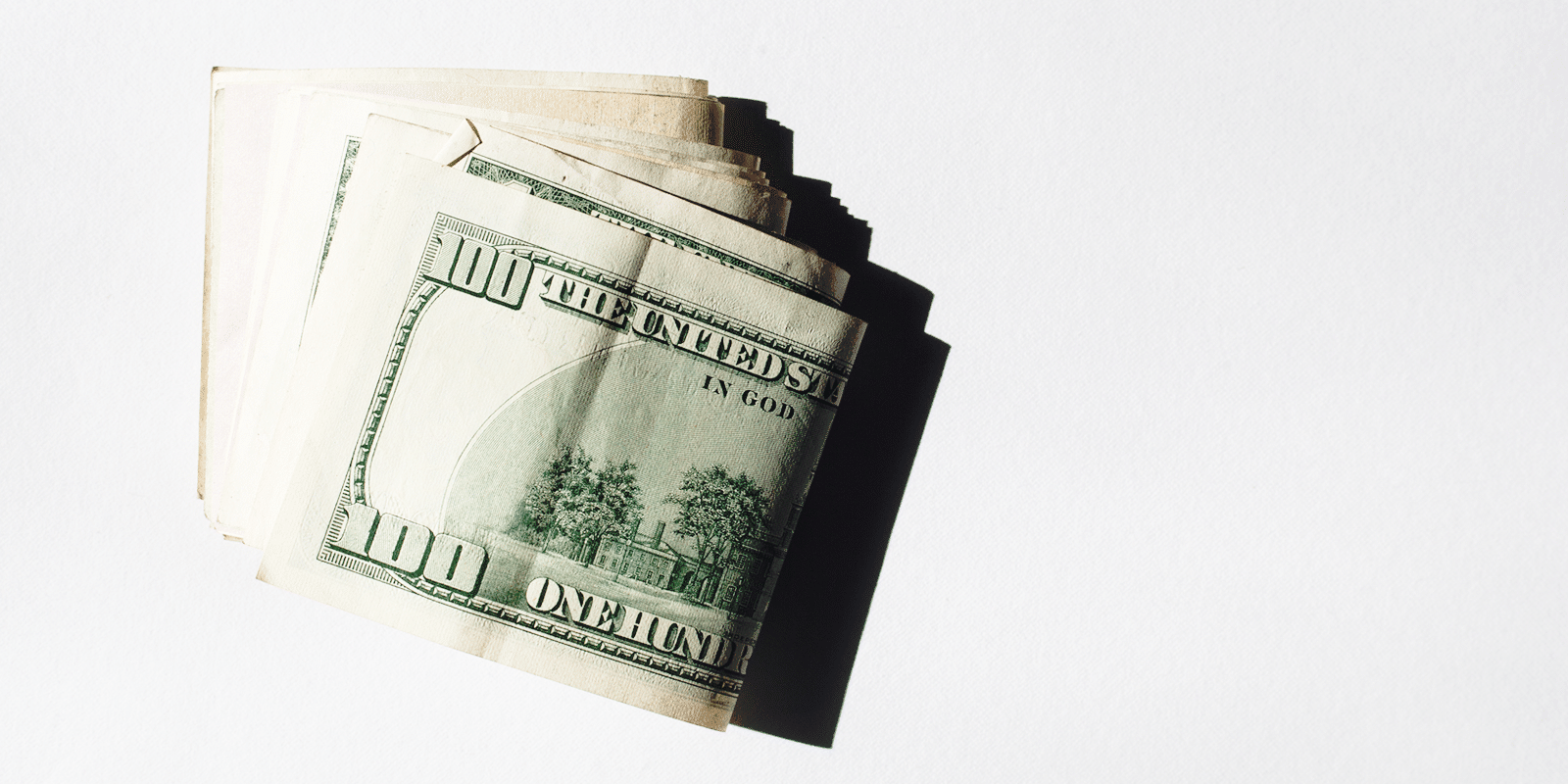Which brings us to our present era, in which religious liberty has been threatened repeatedly. For decades now, special interest groups on the Left have tried to undermine religious liberty by reinterpreting it as the mere freedom of “worship.” The problem with this move is that the First Amendment doesn’t merely secure the right to “worship” but also the right to “exercise” or act in accordance with our convictions.
In recent years, the Supreme Court of the United States has been one of the most significant offenders. Consider the Obergefell v. Hodges (2015) case in which a majority ruled that same-sex individuals have the right to marry one another. This ruling is problematic, first of all, because the left-leaning court pretended to be interpreting the Constitution when in reality they were creating a “right” out of thin air. But second, it is problematic because the majority purposely undermined religious liberty by refusing to guarantee that religious dissenters would be granted the freedom to respond to the phenomenon of same-sex “marriage” in a way that aligns with their convictions.
In a dissenting opinion, Chief Justice Roberts wrote: “The majority graciously suggests that religious believers continue to ‘advocate’ and ‘teach’ their view of marriage. The First Amendment guarantees, however, the freedom to ‘exercise’ religion. Ominously, that is not a word the majority uses.”
In an even sharper dissent, Justice Alito wrote: “I assume that those who cling to old beliefs will be able to whisper their thoughts in the recesses of their homes, but if they repeat those views in public, they will risk being labeled as bigots and treated as such by governments, employers, and schools. …[T]he Nation will experience bitter and lasting wounds.”
Likewise, state governments have been significant offenders. For example, during the COVID-19 pandemic, California implemented a ban on indoor church services. Fortunately, the Supreme Court ruled against California’s ban on indoor church services in February 2020. But the incident revealed the Left’s hand: religion is replaceable and religious liberty is discardable.
Finally, and quite ironically, the United States Commission on Civil Rights is among the worst offenders. In a report entitled, “Peaceful Coexistence: Reconciling Nondiscrimination Principles with Religious Liberties,” Chairman Martin Castro argued that the concept of religious liberty functions as a mask for hypocrisy, discrimination, intolerance, racism, homophobia, and Christian supremacy, and thus it should lose its status in American public life.
Castro has it wrong. While there certainly must be some individuals out there who mask their hatred behind a pretense of “religious liberty,” a truly evangelical concern for religious liberty comes from a place of love rather than hate. We are motivated by a sincere desire to honor the Lord not only in our homes and places of worship but also in the public square.
